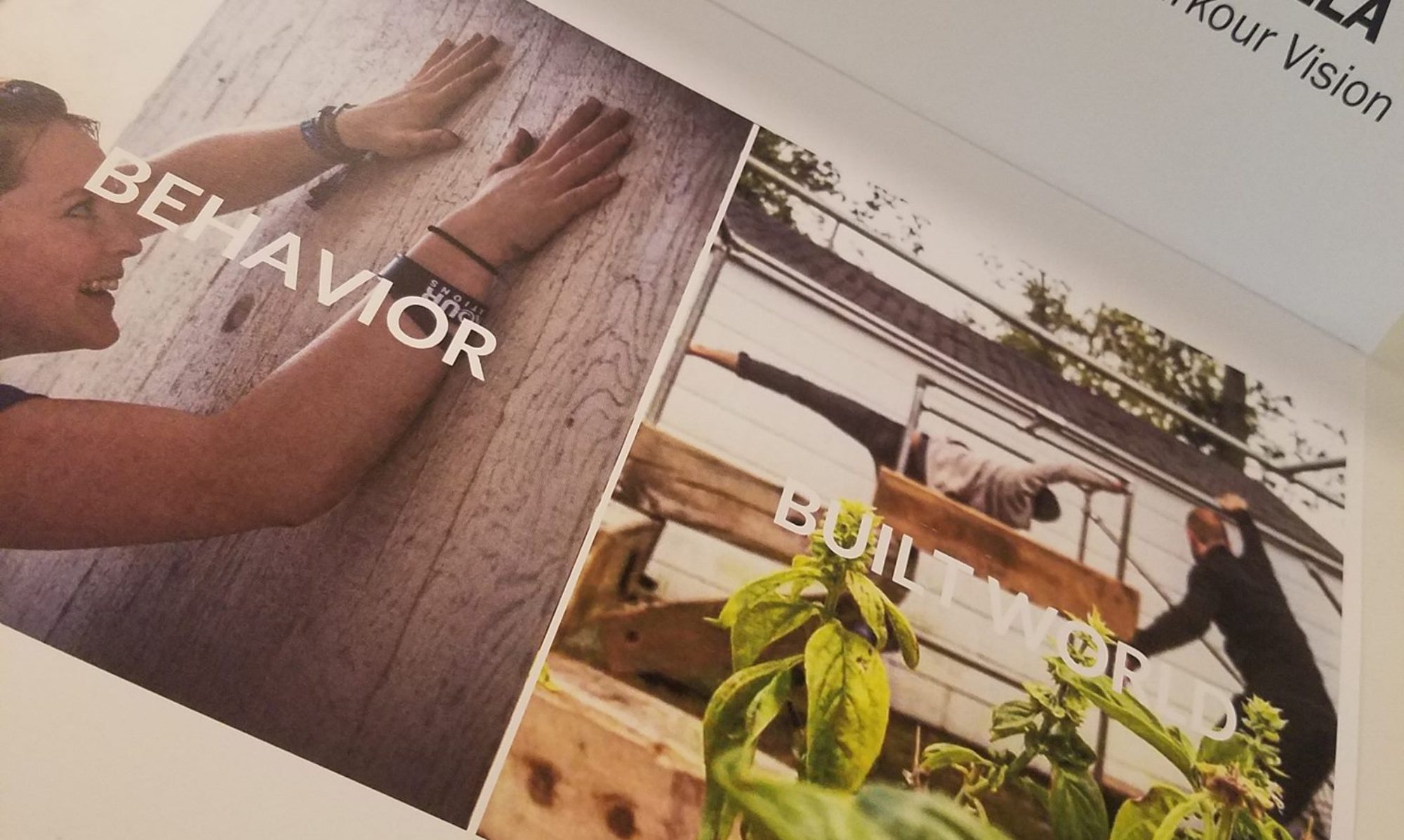“According to research conducted by Play England, 71% of adults say they played out in the street every day when they were children. For today’s children that figure is only 21%.”
This is one of those statistics that really hit home for me and highlights the profound change in attitude and experience of youth today. In this short article, Inez Aponte goes on to discuss the sorry state of play, the decline of the free-play childhood, and her own small act of defiance against the unhappy transformation.

Inez first highlights her experiences of childhood in New York–“When I was growing up in New York in the 1970s any free space would quickly become an opportunity for play – empty lots, rooftops, alleyways, even the space between cars or on bonnets – the streets were our domain, we occupied them. Our instincts were not easily subdued and one might argue that irrepressible play spirit brought a sense of freedom into our overcrowded cities, making them a bit more human, a bit more joyful and a bit more connected.”
While this spirit is still captured in emergent modern sports such as parkour, there is no denying what she soon follows up with:
“Children are now more anxious than they were during the Great Depression or the Cold War. Under mounting pressure from educational policy makers, “childhood has turned from a time of freedom to a time of résumé building.”
In Defiance of the Decline of Play
There is a lot of gems in this short article, but a few highlights are especially around the subversive and defiant quality that play has seemed to taken on in our modern society.
“In a world where so many aspects of our lives have been commodified, spending an afternoon having fun together felt like an act of defiance. Defiance of a culture that tells us that value is determined by a price tag. Defiance of a story that tells us that we are only worth what we produce. Defiance of a system that tells us that billboards have more right to our public spaces than people. “
“…Play is our birthright. Whatever age we are, from our first to our final breath, we have a right to space and time that is free for experimentation, joy, creativity and connection, without any agenda. Our children know this as they rebel against a world dominated by test scores and spreadsheets. “
Play is Political
“Real play, like real freedom, cannot be appropriated into the corporate matrix. It is by its nature anarchic and therefore a powerful tool for social change. “
“We must occupy with play the spaces that belong to us as citizens, taking down both real and metaphorical billboards that dominate our towns and our inner landscapes. “
Join the dialogue
The world of play is exploding, with books, articles, and conferences popping up all over. From Stuart Browns book on Play to events like Counterplay and the US Play Conference. There are numerous online forums through facebook that have emerged as well, serving as spaces of exchange and conversation.
Aspen Institute Project Play
US Play Coalition + Ambassador Network
Counterplay FB group
